Slowly but surely becoming a star, the photographer took an unusual route into photography and maintains an idiosyncratic approach to commissions
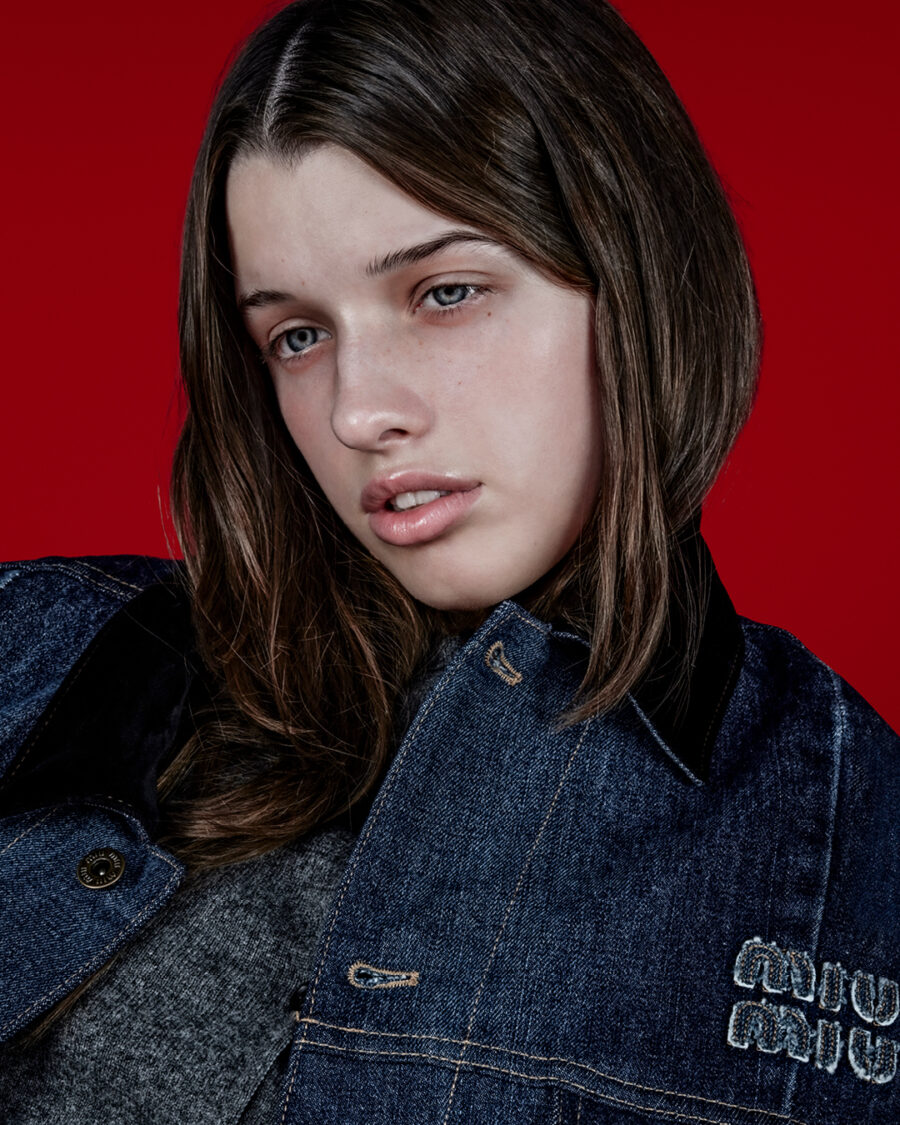

Slowly but surely becoming a star, the photographer took an unusual route into photography and maintains an idiosyncratic approach to commissions
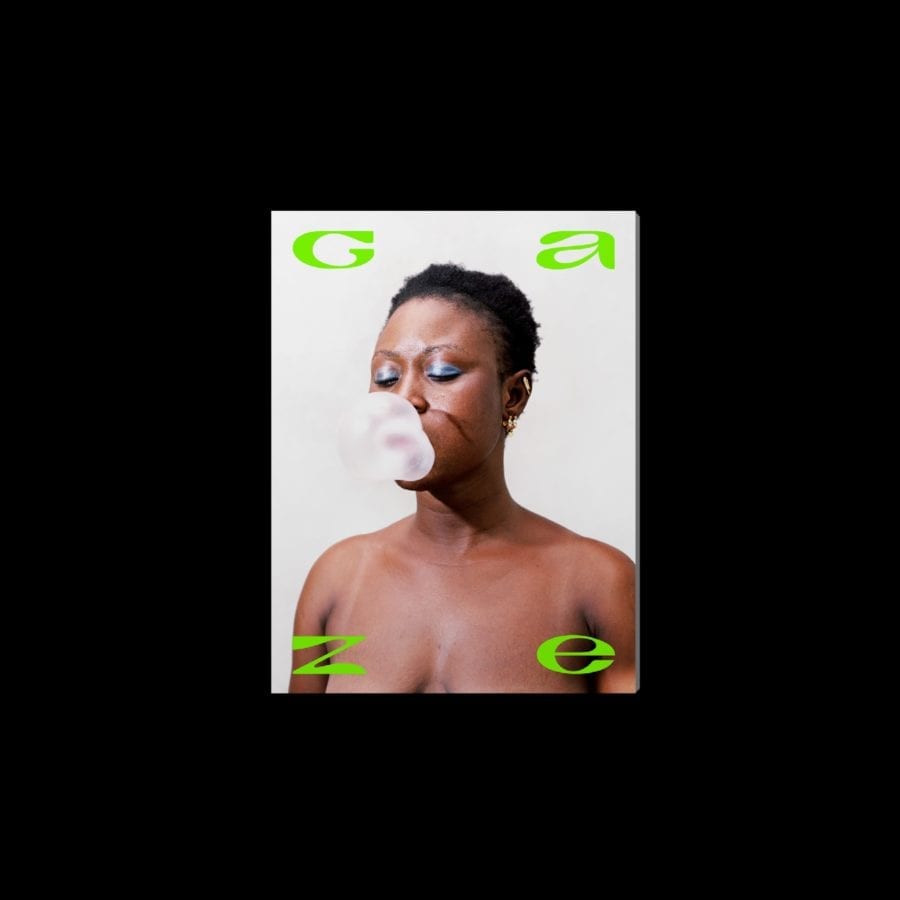
The Franco-English publication focuses on both intimate and political experiences of womanhood, featuring photography by Carrie Mae Weems, Elena Helfrecht, Lucile Boiron, and more
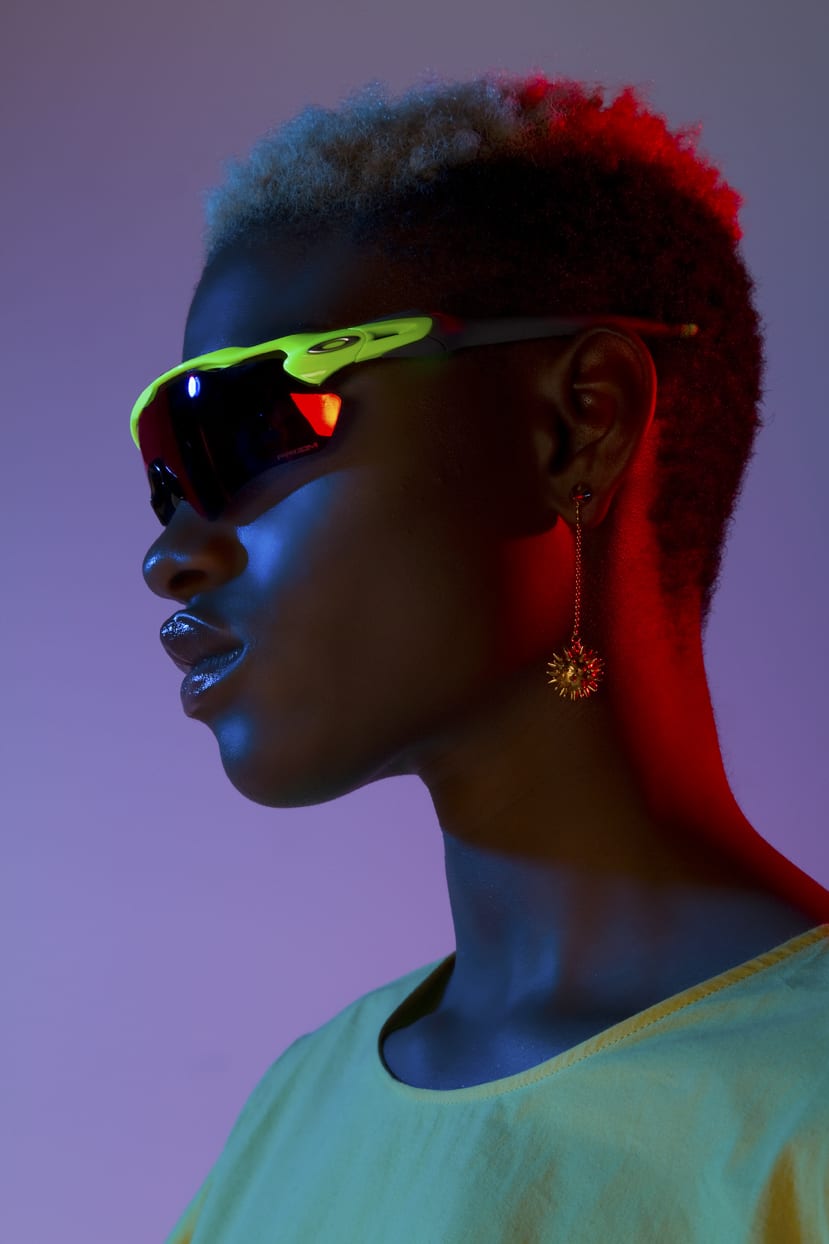
Returning this autumn, the 2020 edition of Northern Ireland’s premier visual arts festival celebrates the age of the female gaze in both online and offline events
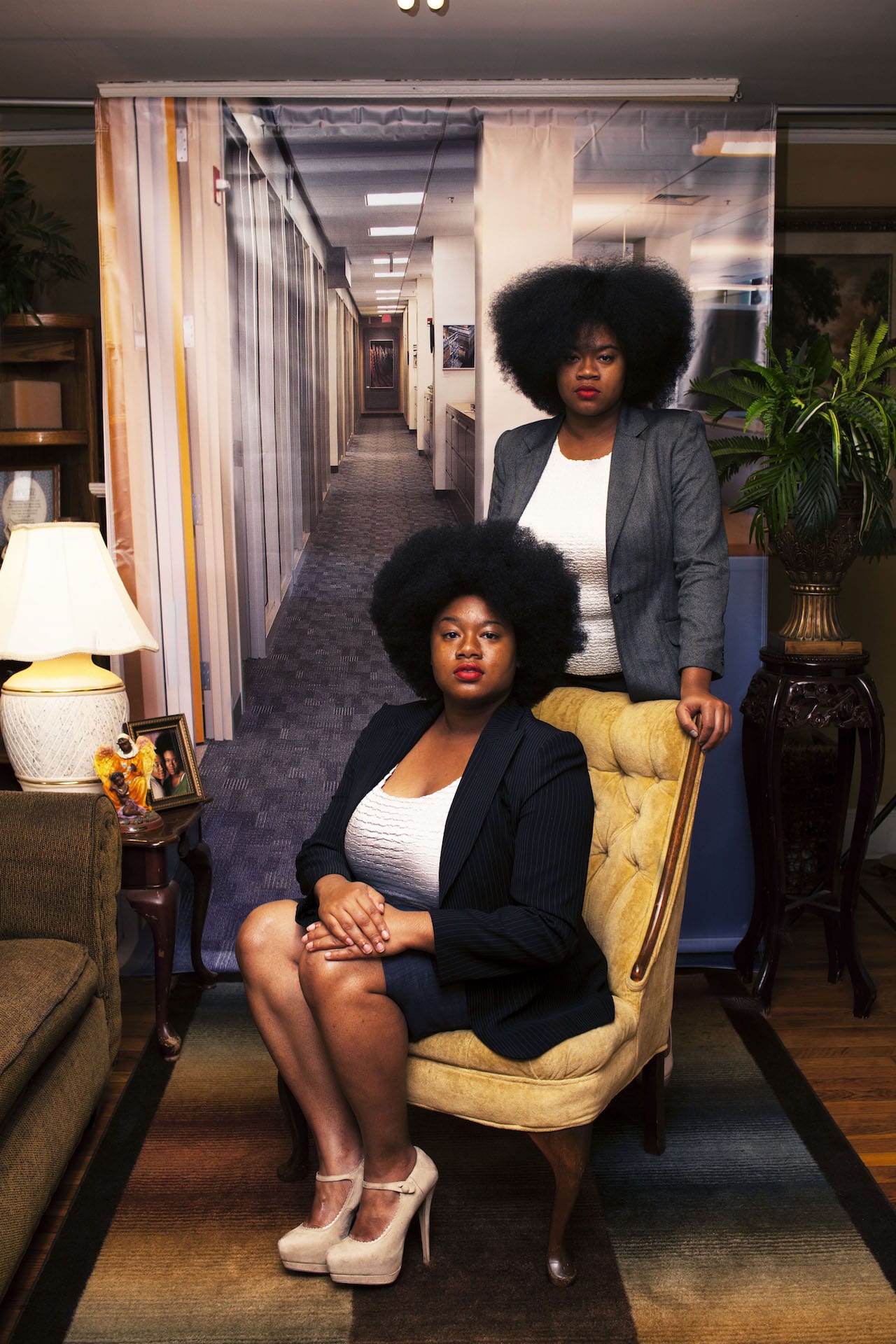
Endia Beal’s photographs highlight the judgements and prejudices facing young women of colour in the job market
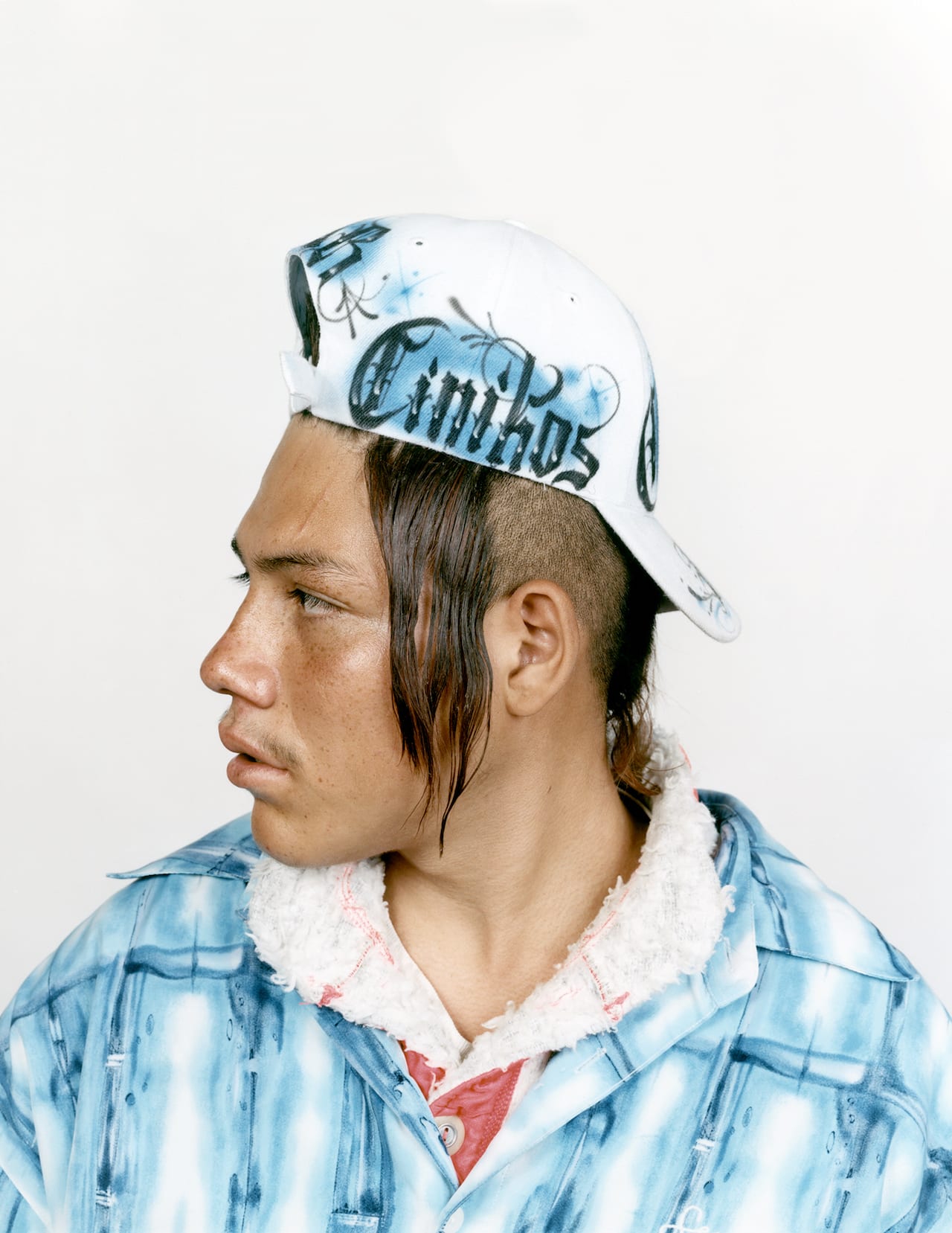
Diversity has never been hotter in the fashion industry. This year, more non-white, plus-sized, and transgender models have walked the runway than ever before, and a record number of black women have appeared on the covers of glossies worldwide. Alessia Glaviano, senior picture editor at Vogue Italia and director of the Photo Vogue Festival thinks we owe it to the internet. “I believe that nothing would have happened, or not this fast, in terms of inclusivity, if it wasn’t for social media,” she says. “It’s a progressive platform for talking about race, identity, sexuality, and disability.”
But diversity isn’t just a trend, it’s a reality. Years before #diversity began to take off, forward-thinking publications such as Vogue Italia were already poking holes in the industry’s representation problem, with initiatives such as the July 2008 “all black” issue. Vogue Italia is known for being adventurous, for setting a standard for cutting-edge fashion photography. Over the years has given artistic freedom to commissioned photographers such as Steve Meisel, Ellen von Unwerth and Miles Aldridge, who have shot stories unlikely to be seen elsewhere, engaging with themes such as plastic surgery and domestic violence.
“It’s been in our DNA since the beginning,” says Glaviano. “We’ve always been really engaged and committed to this part of fashion that can be very strong and influential.
“I’ve never believed in boundaries and labelling things,” she adds. “No one cares that Michelangelo was commissioned to create the Sistine Chapel. What they care about is the final result.”
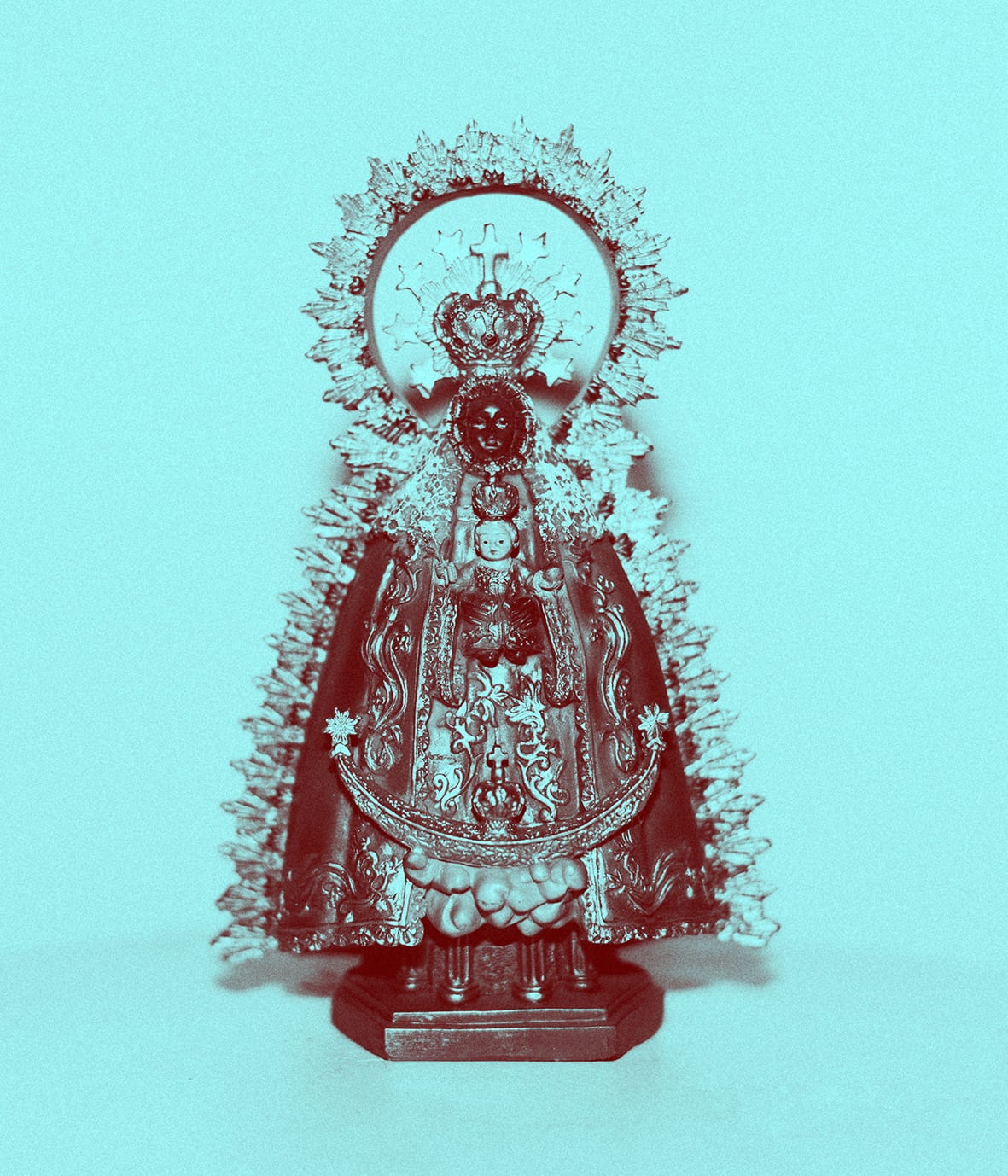
“In the EU today, we take women’s rights for granted,” says Marina Paulenka, director of Organ Vida, a three-week international photography event held annually in Zagreb. Founded in 2008, the festival has always been driven by political context, and this year, for its 10th edition, its all-female team have chosen to emphasise female-identifying perspectives from around the globe.
“In a time of post-capitalist global turmoil, technological advancements, with the strengthening of rightwing extremism, the growing influence of religion that limits women’s rights again, and the semblance of democracy in the 21st century, we are facing a situation in which women must fight anew for the rights that had been won long ago,” Paulenka insists.